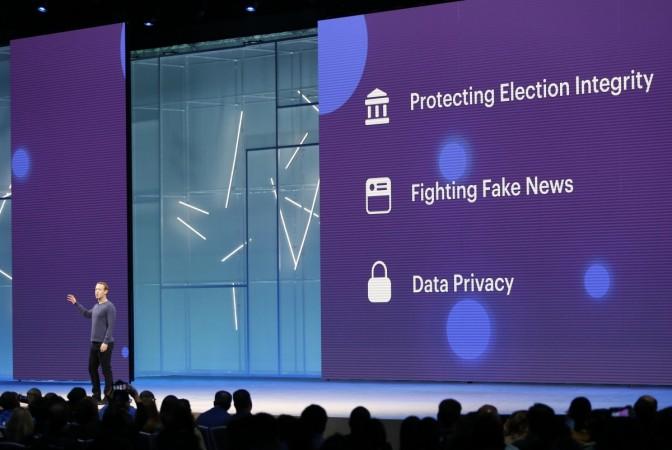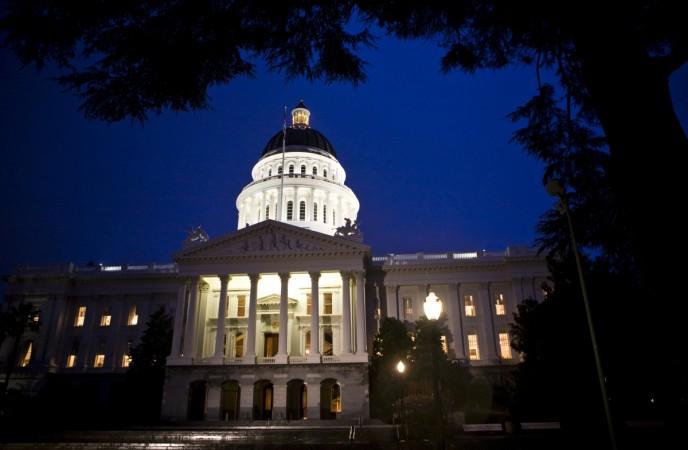
A bold new law passed by the state of California could change the perception of digital privacy. Scheduled to be effective in January 2020, the bill was passed unopposed through the state legislature and was signed into law by Governor Jerry Brown on Thursday, June 28.
The new bill is the toughest crackdown on data sharing practices of companies in the United States. If implemented successfully, it could become a template for other states as well as the federal government.
The new law grants consumers more insight and control over their data stored online, though similar to but not as expansive as the General Data Protection Regulation (GDPR) launched in Europe.
Power to consumers: Complete transparency on data sharing
When the new law comes into effect, consumers will have the right to know what information companies are collecting on them, why the data is being collected, and with whom it is being shared.
It also allows consumers to ask companies to delete their data, even prevent them from sharing it with third parties if they so chose. Businesses will also be forced to offer the same quality of service, even if the consumer opts out of data sharing and storage.
Furthermore, it will make it easier for consumers to sue companies for data breaches, and give more power to the state's Attorney General to fine companies that do not adhere to the law.
The law also restricts the storage and sharing of data of users aged below 16.

The legislation has been modelled closely on the Ballot Initiative, proposed by real estate developer, Alastair Mactaggart. The initiative gained popular support for its strict proposals, forcing the government to pass the new law quickly before the deadline which would have forced Mactaggart to take the proposal straight to voters in the state.
Unsurprisingly, the new law has attracted the criticism of most tech companies in California. Though none of them made an attempt to derail it since almost everyone felt doing so would severely impact their products and customer base.
Consequently, the legislation went from draft to law in one week.
While it is unclear just how the new law will affect companies like Google and Facebook, who make a huge chunk of their revenue from selling consumer data, it is clear that the world is now gearing up to ensure better protection for consumers following the Cambridge Analytica scandal.

















